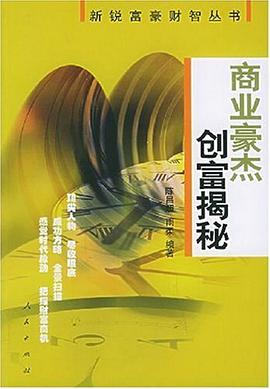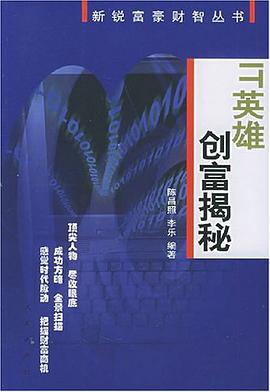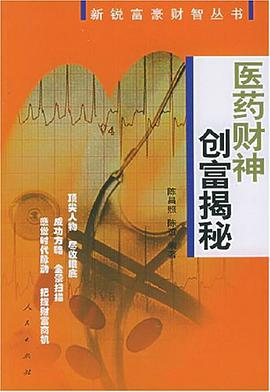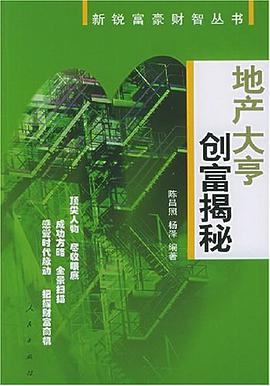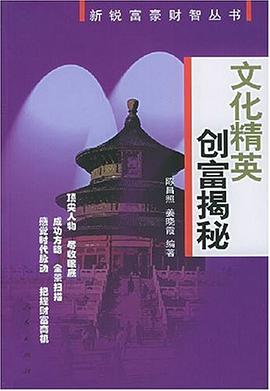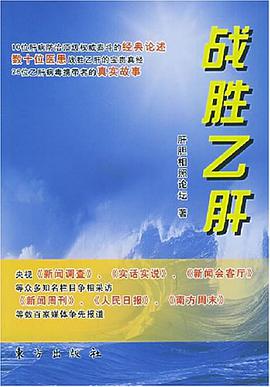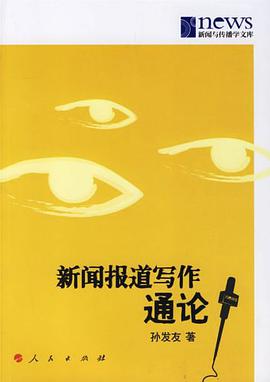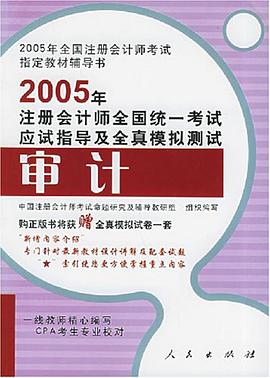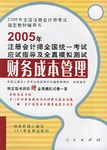

'Among the heretics of every age, we find men who are filled with the highest kind of religious feeling', Albert Einstein said. He might have been referring to the sixteenth-century Italian philosopher Giordano Bruno, who was tried by two Inquisitions and burned at the stake in Rome in 1600. Bruno's most representative work, "Spaccio de la bestia trionfante" ("The Expulsion of the Triumphant Beast"), published in an atmosphere of secrecy in 1584 and never referred to as anything but blasphemous for more than a century, was singled out by the church tribunal at the summation of his final trial. That is hardly surprising because the book is a daring indictment of the corruption of the social and religious institutions of his day. The "Triumphant Beast" signifies the reign of multifarious vices. Cast in the form of allegorical dialogues, Bruno's work presents the deliberations of the Greek gods who have assembled to banish from the heavens the constellations that remind them of their evil deeds. The crisis facing Jove, the aging father of the gods, is symbolic of the crisis in a Renaissance world profoundly disturbed by new religious, philosophical, and scientific ideas. Arthur D. Imerti, former head of the Department of Foreign Languages at the New School for Social Research in New York City, provides a brilliant introduction to the philosopher who dared to voice his audacious theories of nature, religion, and history. '[Imerti's translation] is an event of singular importance for the diffusion of Bruno studies in countries of Anglo-Saxon culture...[It is] in many respects a model of its kind' - "Italica".
具体描述
读后感
评分
评分
评分
评分
用户评价
相关图书
本站所有内容均为互联网搜索引擎提供的公开搜索信息,本站不存储任何数据与内容,任何内容与数据均与本站无关,如有需要请联系相关搜索引擎包括但不限于百度,google,bing,sogou 等
© 2025 book.wenda123.org All Rights Reserved. 图书目录大全 版权所有




